How the Navy made a secret deal with the mafia to win WWII
In the dark hours of June 13, 1942, a German U-boat surfaced off the coast of Long Island.
Four saboteurs, under the leadership of one George Dasch, buried explosives beneath the sands of Amagansett as part of an elaborate plan to blow up Astoria’s Hell Gate Bridge, along with chemical plants being used in the American war effort.
Naval intelligence Lt. Gen. Charles Radcliffe Haffenden had gotten word that four men had been spotted and sped out to Long Island’s East End.
But his investigation didn’t follow standard military protocols. Haffenden stopped at Millie’s Inn by Napeague Beach for dinner with a few known organized crime associates. They were essential to a top secret surveillance network he had created with the help of the Mafia.
The mob played a crucial, secret role in World War II, using its power and control over New York City ports, dock workers and fishermen to keep an eye out for U boats and other suspicious characters. The Mafia even employed its leverage to get the Navy inside an off-limits foreign consulate believed to have crucial information on the Nazis.
“The Navy realized that they did not have full security control over the Port of New York … They couldn’t get into the unions, they couldn’t get next to the shopkeepers, the longshoremen. Nobody was talking to them.” Matthew Black, author of “Operation Underworld: How the Mafia and U.S. Government Teamed Up to Win World War II,” out Tuesday, told The Post. “The Navy was surprised to learn that not only would the Mafia be ready to help, but they would be happy to. Many of them were loyal. They loved the United States of America.”
In early 1942, months before the U boat landed on Long Island, Haffenden concocted a top secret plan to unofficially deputize a known enemy of the state to guard New York from the Nazis.
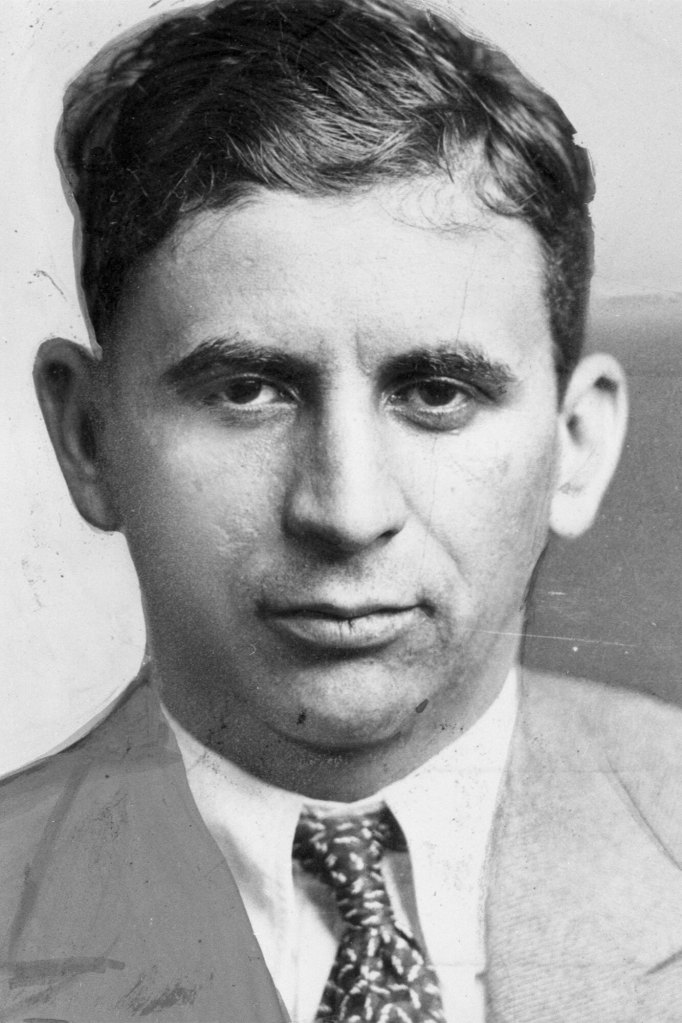
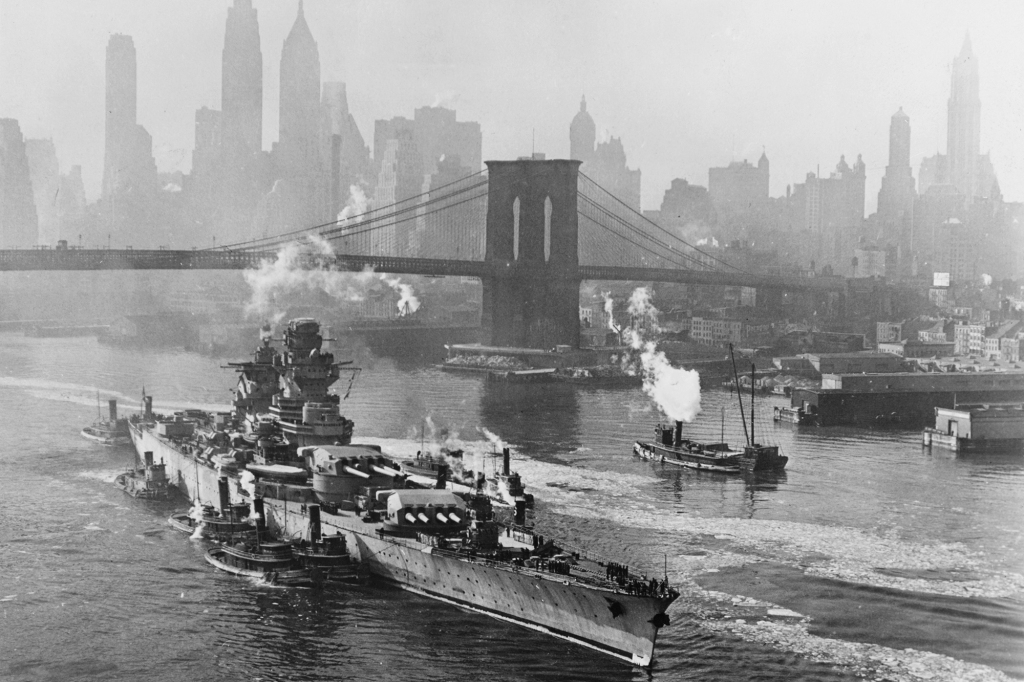
Through a series of lawyers, Haffenden organized a “cloak and dagger” midnight meeting at Riverside Park between Frank “Socks” Lanza — a k a the czar of the Fulton Fish Market, who answered to the notorious Lucky Luciano — and a district attorney.
Socks was was a bona fide “patriot” who hated both Hitler and Benito Mussolini, so he was easily convinced to sign on. With his help, deep-water fishing captains who previously pretended to not know a word of English began singing to Naval officials.
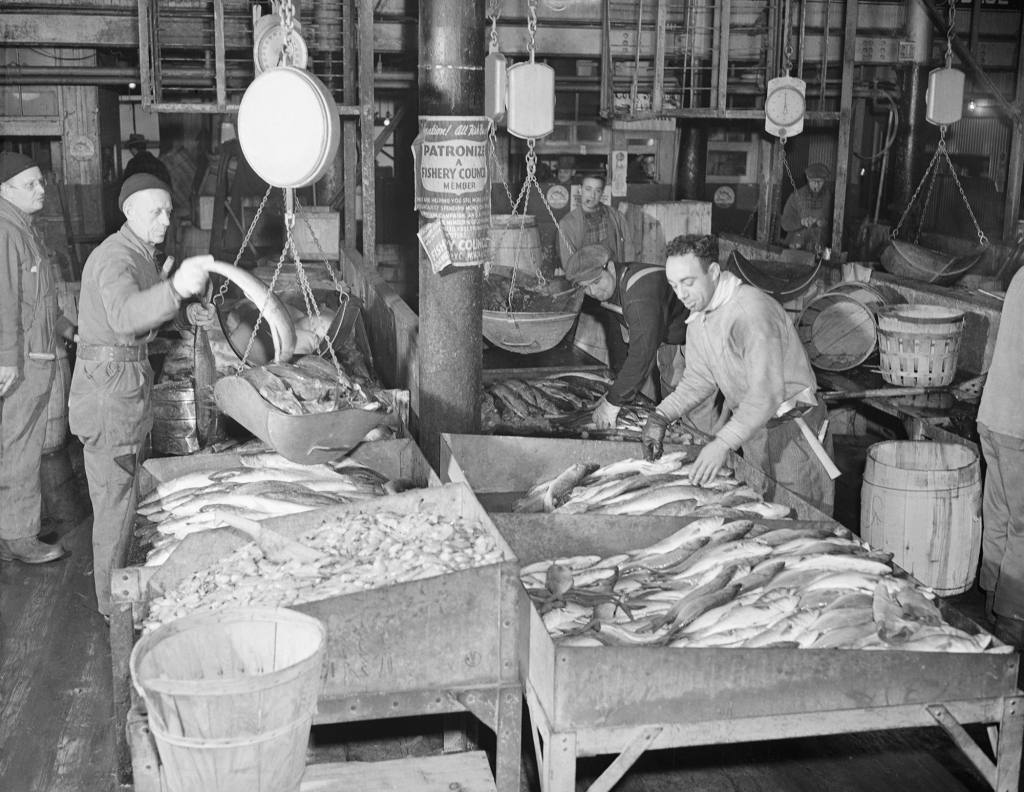
“Within a short amount of time, you had America’s fishing fleet as the first line of defense looking for for German U boats,” Black said. “As the relationship progressed, [the Navy] was able to get access to more and more places on the waterfront. Contacts led out to Long Island and all over the East Coast, especially in New England.”
As helpful as Socks was in the war effort, there were still a great deal of ports and piers the mafioso didn’t have leverage over. It was time for Operation Underworld to jump a pay grade as Socks recruited Luciano himself. There was just one problem: He was doing 30 to 50 years behind bars and arranging a meeting with him was complicated.
“[The Navy] did not want the FBI to know about what they were doing. So they had to come up with all sorts of measures to transfer him to a different prison and make it look like it wasn’t the part of any kind of major deal. Luciano was kept in the dark for a lot of it,” Black explained.
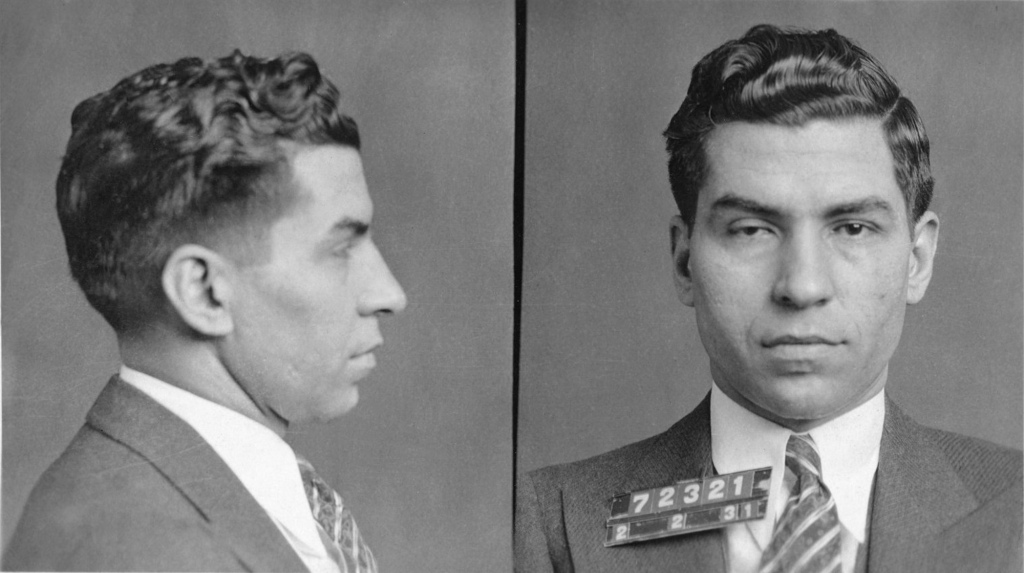
Unlike Lanza, Luciano wasn’t entirely operating as a bleeding-heart patriot. He used the military strategy to run his empire from within the can, getting orders out to his major bosses — Meyer Lansky, Frank Costello and Willie Moretti — during military-sanctioned meetings behind bars.
“He had 20-something visits with his bosses,” Black said. “So he’s kind of using operation underworld to kind of further his criminal aims.”
Underworld in action
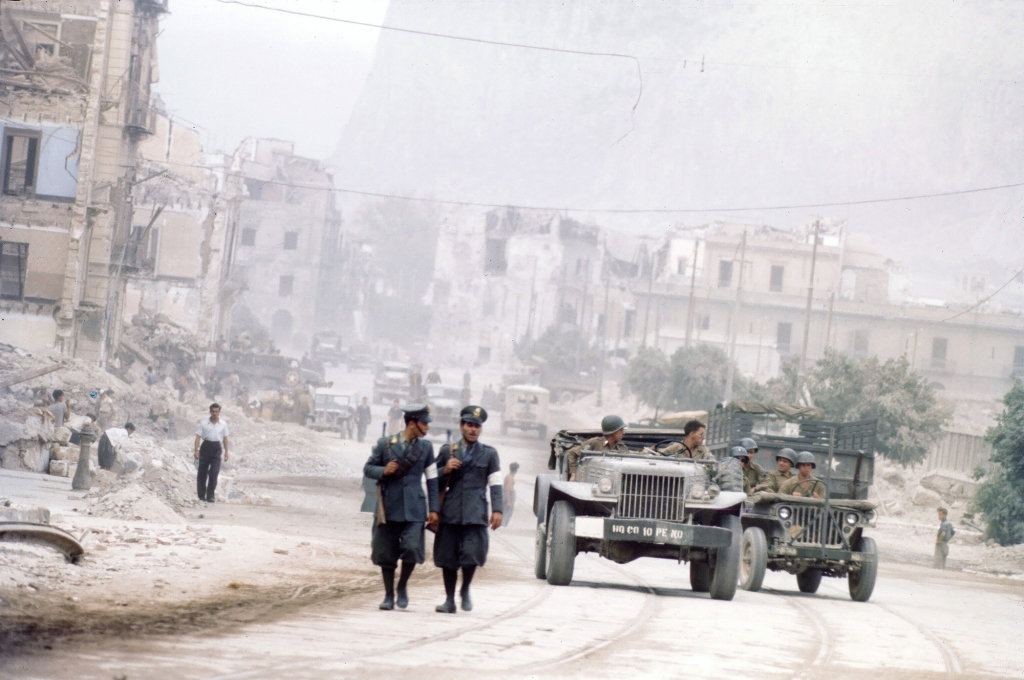
A year after the Dasch affair, Operation Underworld evolved from port protection and espionage to helping allied troops invade and occupy Sicily — Luciano’s former home. It was a campaign codenamed Operation Husky.
“The United States was in a bad position to fight a war in Europe. All the maps, all the charts, all the data, all the intelligence that had been collected from World War I had been destroyed,” Black said.
“So, the objective shifted to finding information about Sicily. The Mafia was really helpful in developing contacts, people who had been to Sicily recently, who had worked in the harbors there, and they were able to bring this to Naval intelligence.”
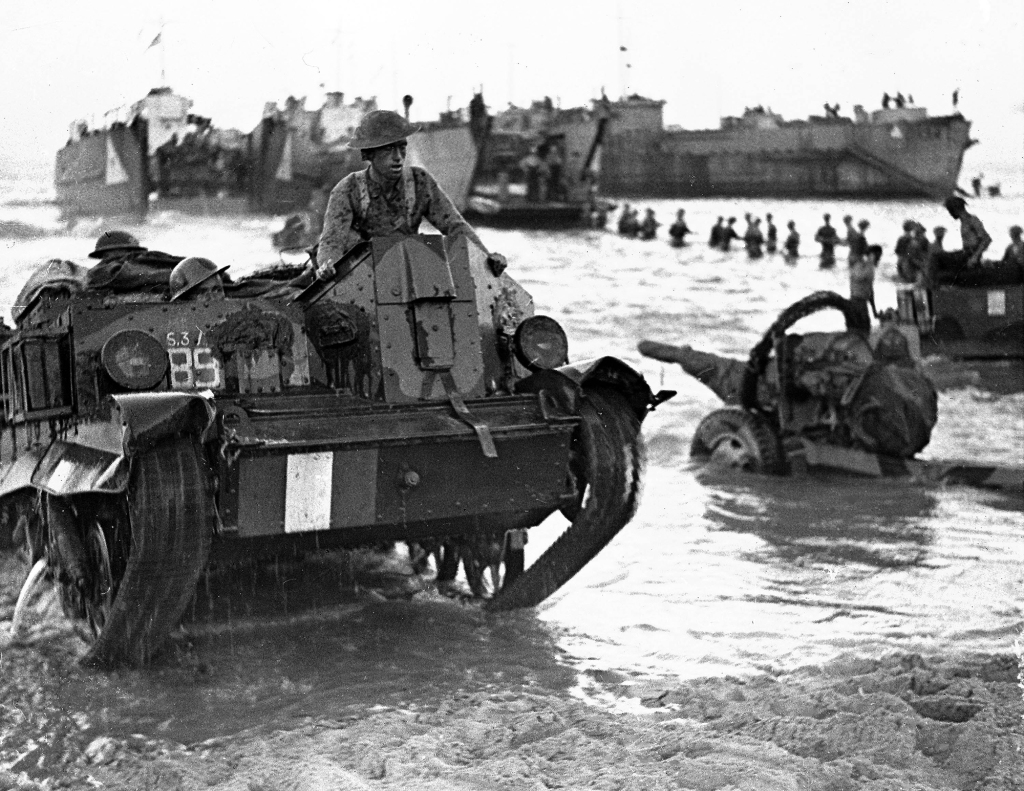
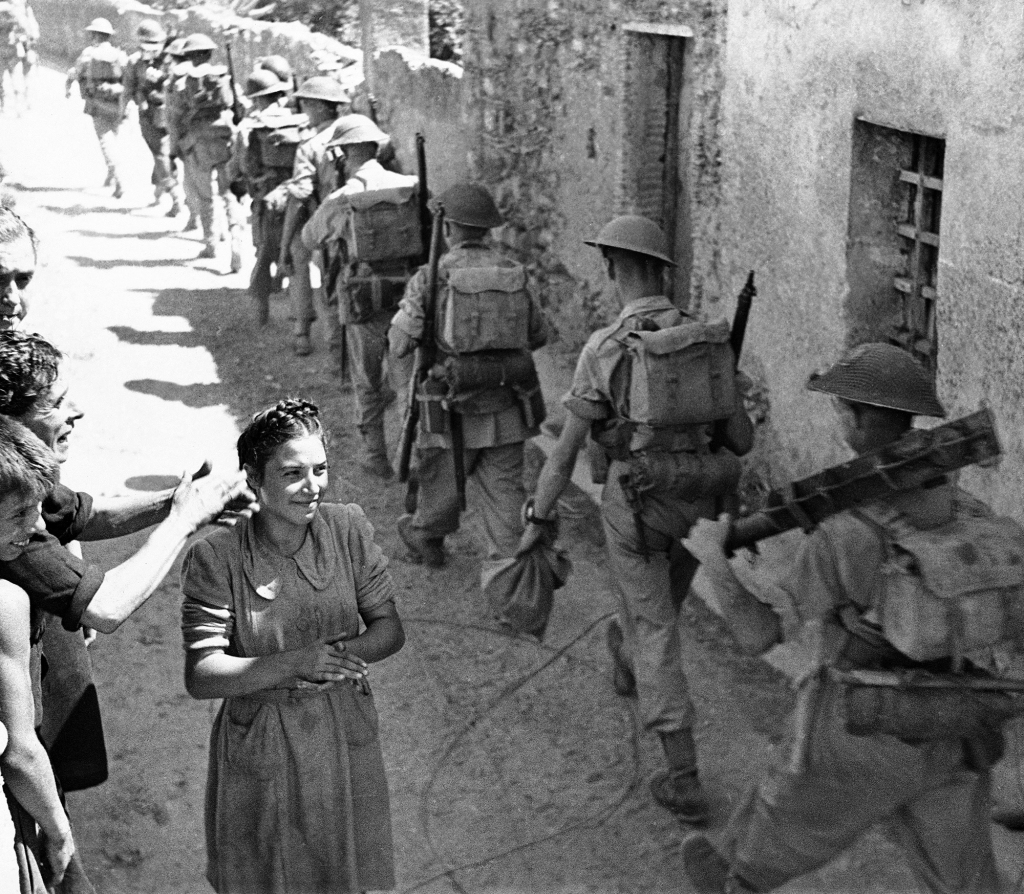
Mob contacts ended up instrumental to the first wave in the 1943 Sicilian invasion. New York mobsters acted as ambassadors of the armed forces to natives — including the local Mafia — in efforts to show that the Americans were a friendly force during the occupation.
“The big objective was to get the Italians to turn on the Germans and that’s exactly what happened,” Black said. “The Mafia was a true ally to the Allies in World War II.”
Read the full article Here


